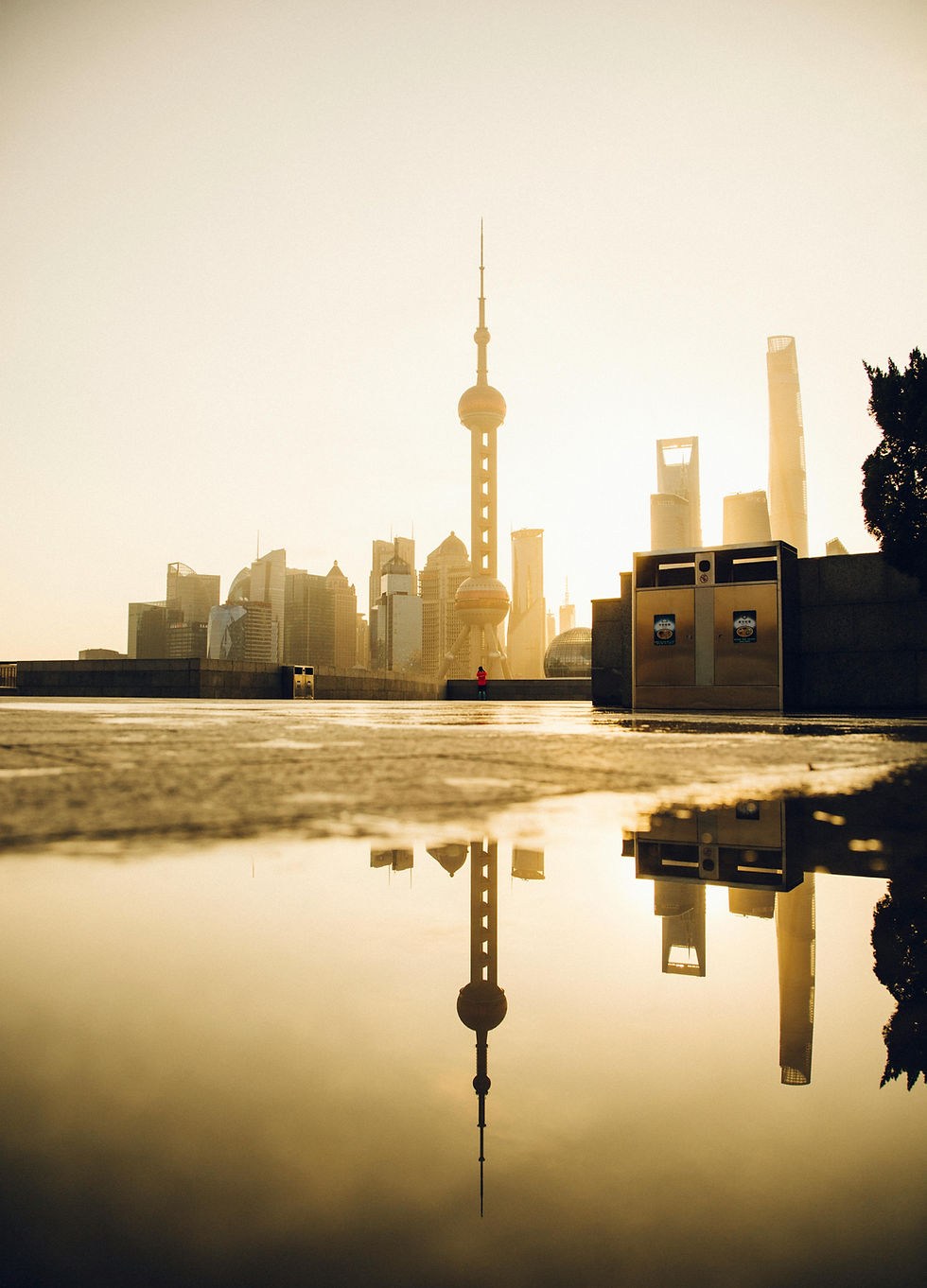How to Let Go of the World
- Citizens' Platform

- Sep 30, 2025
- 3 min read
By Alberto Sclaverano
2016 How to Let Go of the World (And Love All the Things Climate Can't Change) is a curious climate crisis-themed documentary.
It is directed by Josh Fox, a director and environmental activist who received an Academy Award nomination for his 2010 documentary film Gasland, a critique of the excesses of the US drilling activities all around the country, and the damage it has sometimes created to local communities. He produced and starred in How to Let Go of the World (And Love All the Things Climate Can't Change), a movie whose ironic title seems to homage Stanley Kubrick's 1962 political satire masterpiece Dr. Strangelove or: How I Learned to Stop Worrying and Love the Bomb.
In the film, he travels around the globe to meet environmental activists and show us that there are still people who care and are ready to fight. This helps the narrator himself (and, hopefully, the spectators) overcome his initial sentiment of disillusion and despair, which had led Josh to decide that it was too late to act and that we were basically doomed as humankind.
Now, you may think that all of this is depicted in a serious, hyper-tragic tone, but it is absolutely not the case here. Again, perhaps mirroring the black comedy approach of Dr. Strangelove to the risk of nuclear apocalypse, How to Let Go of the World uses humor to show the fear that everything is lost that characterized the protagonist, and many climate activists, especially in these days and age I suspect, but it never becomes unserious or unaware of the dramatic state of the climate crisis.
He contains powerful and disturbing images of real-life climate-related disasters, but it also wants to guide us on an ideal journey, the same one as Josh Fox, through a more optimistic view. Yes, climate change and the climate crisis are an extreme danger for human survival, but fortunately, there are still people who are willing to fight to change the course of the trajectory and avoid a future ecosystem collapse.
The satirical take on Johs’s own path is balanced by the touching testimonies of the people who are on the front line in the fight against climate change. From Western activists to South America indigenous tribe, Fox he meets lots of different people and groups, and comes to understand that his initial “freak out” moment was excessive, and that there is still hope to change things, as long as there are people like the ones depicted in the documentary: they are ready to make sacrifice, sometimes to risk everything they have, in order to protect the environment.
The stories Josh tells us are not always bound to a good ending; there are activists who fail too, and sometimes there are sad episodes concerning people who literally had to go to jail for standing against the injustice of the system and the violation of environmental standards by large multinational corporations, especially in developing countries. It also shows how the activity of Western companies often has very negative effects in terms of pollution and quality of life in the global South.
So, the final result is a very peculiar moviegoing experience, different from your average documentary about the climate crisis, being at the same time more satirical and more emotionally driven. It could not work with every kind of spectator, and its two-hour runtime sometimes feels too much stretched, but it is still an interesting addition to the always-growing list of documentaries about environmental themes.









Comments